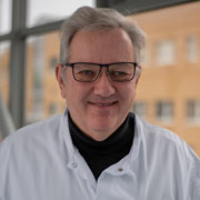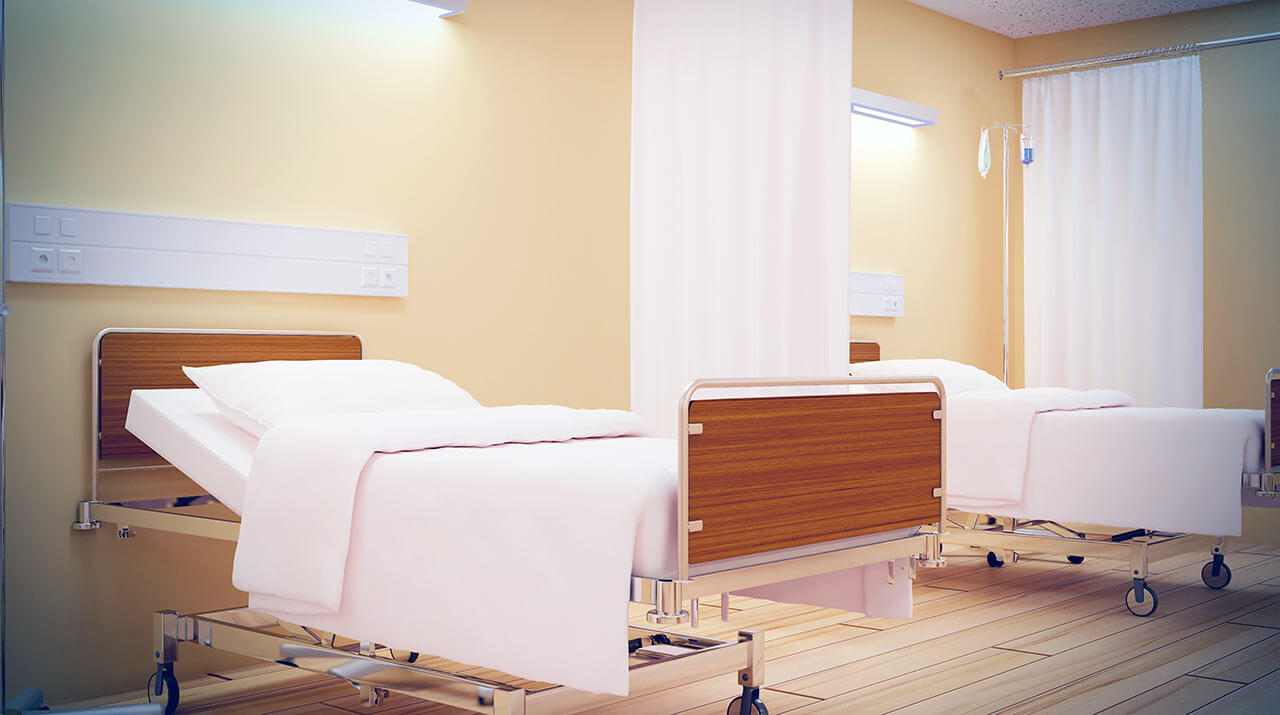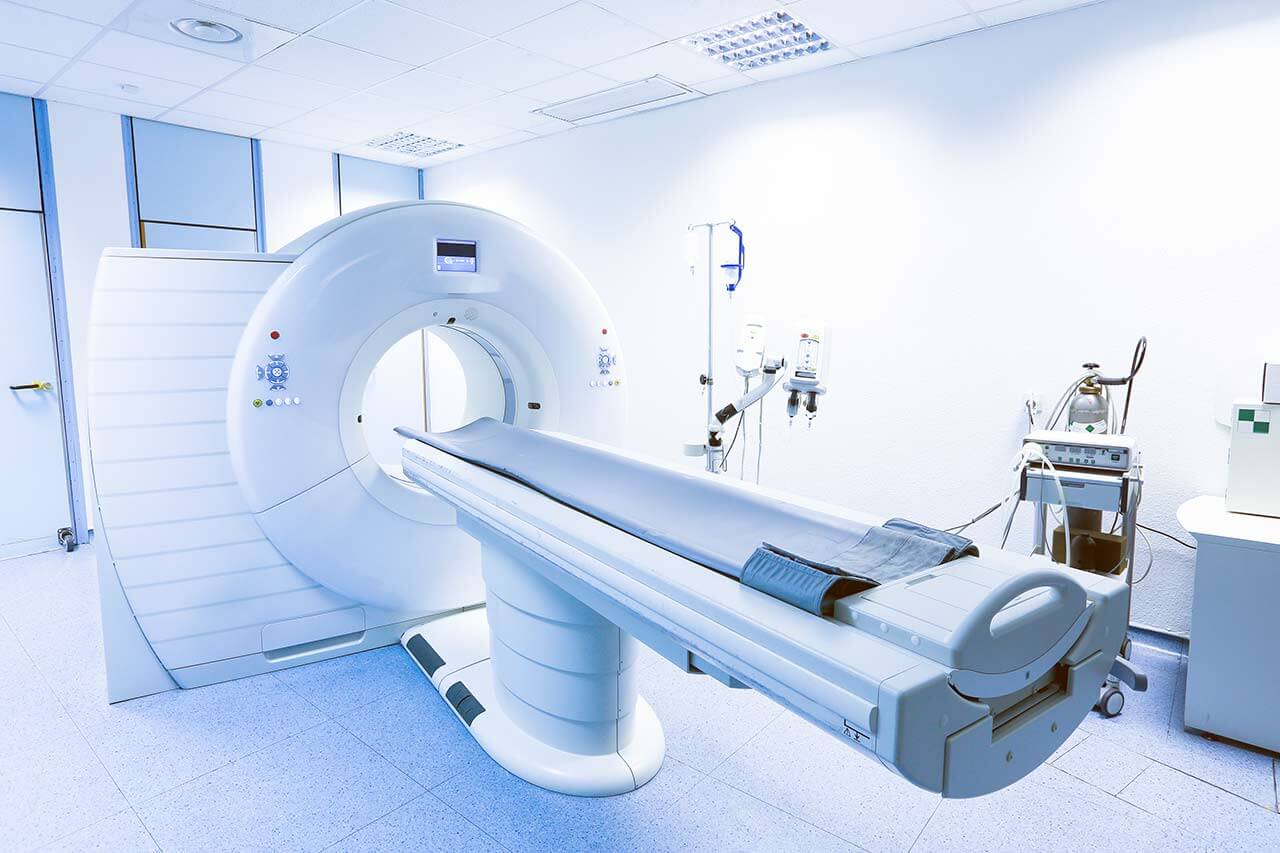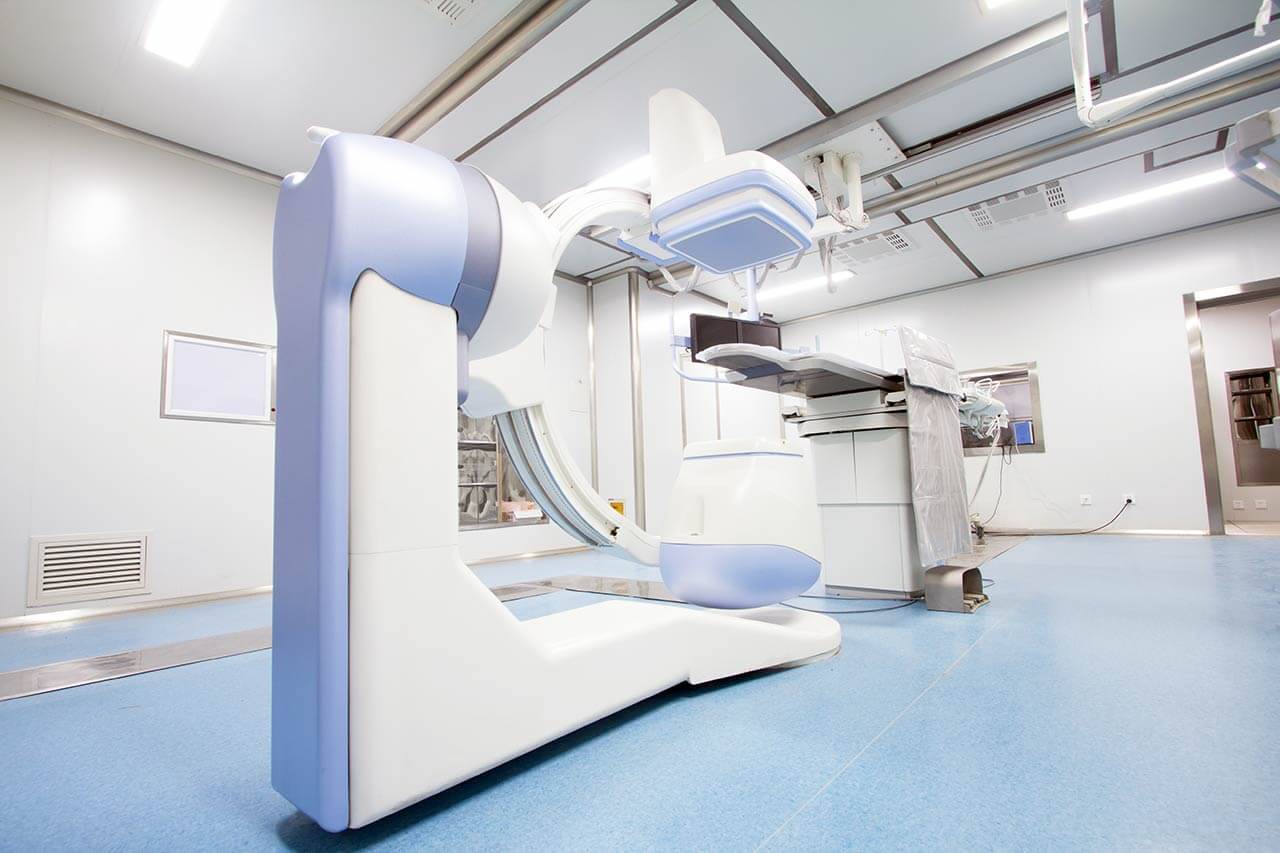
About the Department of Hematology, Oncology and Stem Cell Transplantation at University Hospital Greifswald
The Department of Hematology, Oncology and Bone Marrow Transplant at the University Hospital Greifswald offers all the possibilities of advanced medicine in the areas of its specialization. The team of the department's doctors is engaged in the diagnostics and treatment of hematopoietic diseases as well as solid tumors of various localizations. One of the key focuses of the work of the medical facility is a bone marrow transplant – the department has passed the prestigious JACIE certification of the European Group for Blood and Marrow Transplantation. Patients with advanced cancer receive palliative care to relieve pain and maintain a high quality of life. Medical care is available both on an inpatient and outpatient basis. A treatment regimen is developed for each patient on an individual basis at the tumor board, which is attended by oncologists, hematologists, and specialists from related medical fields. The department's doctors have unique experience in bone marrow transplant procedures and innovative immunotherapy with CAR T-cells. Chemotherapy, antibody therapy, and treatment with immune checkpoint inhibitors are also successfully performed here. The department has all the resources available to provide effective medical care, while the focus is always on the patient and his individual needs and wishes. The Head Physician of the department is Prof. Dr. med. William Krüger.
One of the primary focuses of the department's work is the diagnostics and treatment of leukemias and lymphomas. These diseases progress rapidly and require urgent therapeutic measures. The advanced technical base of the department and the long clinical experience of doctors ensure high-precision diagnostics, the results of which largely determine the treatment's success. During the diagnostics, the patient's medical history is accurately studied, and advanced laboratory tests and imaging tests are carried out. Thanks to this, doctors can determine the type of leukemia or lymphoma, the stage of the oncological process, and other factors important for effective therapy. Chemotherapy is the main treatment for leukemia and lymphomas, but a bone marrow transplant is often required to achieve recovery in the advanced stages of the oncological process. In addition, doctors have innovative forms of immunotherapy in their arsenal that allow them to achieve excellent treatment outcomes. These include CAR T-cell therapy and treatment with immune checkpoint inhibitors. The essence of both therapeutic methods is to activate the patient's immune system to destroy cancer cells. Such treatment is available only in the world's most advanced medical facilities, and the results of therapy are impressive.
The department's doctors are deservedly proud of their success with bone marrow transplants. These often save the lives of patients with malignant diseases and some benign blood pathologies. Allogeneic (donor stem cell transplant) and autologous (patient's own stem cell transplant) procedures are performed at the medical facility. The main indications for the transplant are malignant lymphomas, acute leukemias, chronic myeloid leukemias, autoimmune diseases, severe aplastic anemia, some solid tumors, hemoglobinopathies, and congenital immunodeficiencies. The first stage of the transplant is stem cell harvesting. This is carried out using a special separator device that separates the bone marrow cells from the blood, collecting them in a reservoir. This is followed by the stage of processing the stem cells in the laboratory, after which they are transplanted using an intravenous injection. The transplant procedure lasts about 2 hours. It is worth noting that before the transplant, patients usually undergo high-dose chemotherapy (conditioning regimen) to destroy the maximum number of cancer cells. After the completion of the bone marrow transplant, the patient remains at the hospital for several weeks under medical supervision. Doctors monitor his general condition and the engraftment of transplanted cells. About 3 months after the transplant, the specialists can fully assess the treatment results.
The department also regularly admits patients with solid tumors of the internal organs. The most common types of oncopathologies include gastrointestinal cancer, breast cancer, prostate cancer, lung cancer, brain cancer, and urinary system cancer. Each clinical case is considered at an interdisciplinary tumor board, which is attended by oncologists, surgeons, radiation therapists, specialists in radiology and nuclear medicine, as well as doctors specializing in certain medical fields, such as gastroenterologists, gynecologists, and urologists. As for the treatment, the main method of eliminating a malignant solid tumor is its surgical resection. Surgery is often combined with chemotherapy, radiation therapy, targeted therapy, immunotherapy, hormone therapy, and other treatments. The department's doctors always accurately plan a treatment regimen for each patient, choosing the most effective methods. Patients with advanced cancers are provided with palliative care to enable them to have an acceptable quality of life and be free from pain.
The department's key clinical focuses include:
- Diagnostics and treatment of hematopoietic diseases
- Malignant diseases
- Acute and chronic leukemia in adults
- Lymphomas
- Multiple myeloma
- Plasmacytoma
- Benign pathologies
- Anemia
- Thrombocytopenia
- Leukopenia
- Blood-clotting disorders
- Immunodeficiency disorders
- Malignant diseases
- Diagnostics and treatment of solid tumors
- Gastrointestinal tumors: neoplasms in the stomach, intestines, esophagus, etc.
- Urinary system tumors: neoplasms in the kidneys, bladder, ureters, etc.
- Breast tumors
- Female reproductive system tumors: neoplasms in the ovaries, uterus, vulva, etc.
- Male reproductive system tumors: neoplasms in the prostate gland and testicles
- Skin tumors
- Soft tissue and bone tumors
- Central nervous system tumors: neoplasms in the brain and spinal cord
- Other oncological and hematological diseases
The department's range of therapeutic services includes:
- Chemotherapy
- Targeted therapy
- Hormone therapy
- Infusion therapy
- Cellular immunotherapy
- CAR T-cell therapy
- Treatment with immune checkpoint inhibitors
- Bone marrow transplant
- Autologous stem cell transplant (transplant of the patient's own cells)
- Allogeneic stem cell transplant (transplant of stem cells from related or unrelated donors)
- Palliative care for patients with advanced cancers
- Other treatment methods
Photo of the doctor: (c) Universitätsmedizin Greifswald




